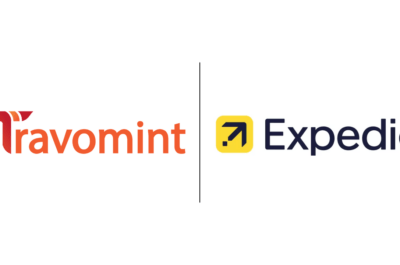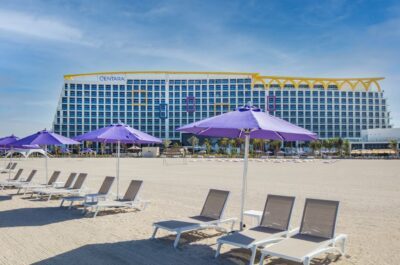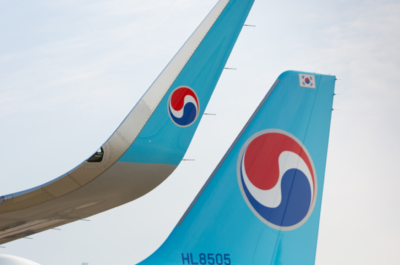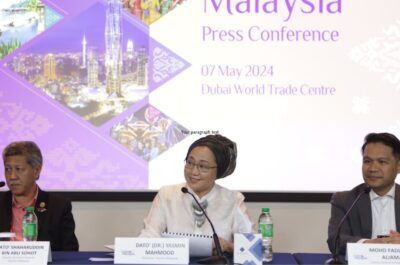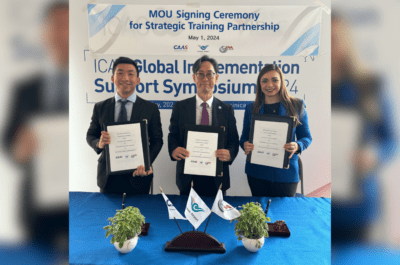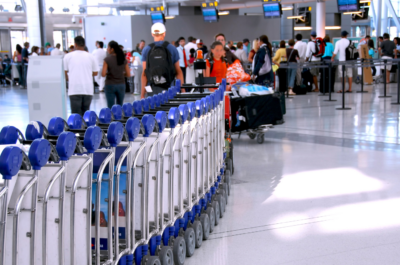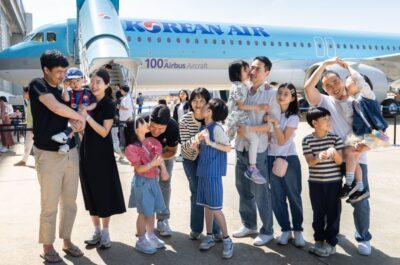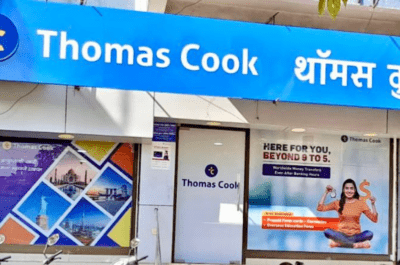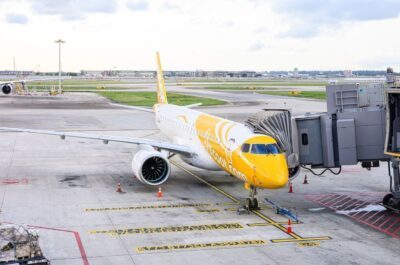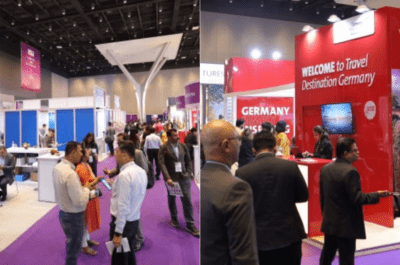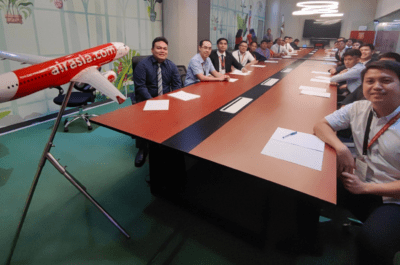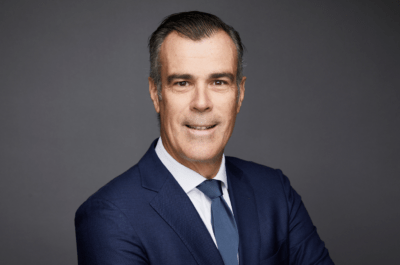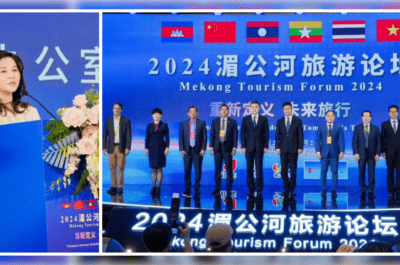…
Expedia‘s business travel shop Egencia previewed results from a global study “Hotel Cost Control: Savings and Opportunities,” finding that companies risk tremendous annual budget losses through unmanaged travel activity.
Pairing insight from corporate travellers, travel executives and real-world travel programs, the study also examines common areas of loss, ways to prevent leakage and emerging opportunities for cost savings in an effort to establish industry best practices.
“The opportunity to share our knowledge along with insight from our clients around the world is an important part of Egencia’s strategy,” said Christophe Pingard, Senior Vice President, Egencia Europe. “As a global leader in travel management, we felt a dedicated study would let us examine this issue more acutely to identify best practices and ultimately help companies stop preventable losses.”
Egencia UK also announced that they have been named the corporate travel partner for Bupa, the leading international healthcare company. Egencia will deliver to Bupa a combination of superior service and technology to drive increased compliance and uncover savings opportunities.
Jason Cloke, Purchasing Manager for Bupa said, “After a thorough tendering process, we selected Egencia as our corporate travel provider because its proposed solutions best met our requirements. Access to Egencia’s intuitive online booking tool and high quality customer service will help us deliver savings, while making the process speedier and more efficient for staff to book their travel.”
Hotel Policy and Cost Control Research
A global survey of 433 travel executives revealed missed opportunities for corporations managing hotel spend, including that 30 percent said their companies did not have a hotel policy in place. Supporting data confirms other gaps including:
– 65% do not have city-specific hotel per diems
– 33% use expense reporting to monitor compliance
– 34% require pre-trip approval to monitor compliance
– To encourage compliance: 32% proactively inform all travelers of the policy; 29% verbally reprimand travelers who book out of policy, 12% send email notification to those who book out of policy; and 12 percent do not enforce compliance at all.
These statistics are significant because defining hotel per diems by city or actively enforcing policy can help make a travel program more fiscally sound. Likewise, requiring pre-trip approval boosts compliance and deters unnecessary spending by palpable amounts.
“If employees book travel outside the corporate travel program or policy, the information is lost – no reporting, no analysis and no traveller record for safety purposes,” said Christophe Peymirat, Managing Director and Vice President, Egencia UK. “When this information is captured through active program management, companies get valuable data. This can lead to better negotiated rates and more perks at relevant properties, similar to the discounts and amenities offered through the Egencia Preferred Rate program.”
This issue was further underscored by the results of a global survey of 1,000 travellers and arrangers. Fifty-five percent of those that responded noted that their company does not enforce or simply encourages them to follow a hotel policy; and 32 percent said that their company does not have a hotel policy at all.
The Hotel Cost Control study also takes a deeper look at the benefits of proactive policy management and reducing leakage. For example, for Egencia clients with an average travel spend of $15 million or more, those actively enforcing policy savings saved roughly 17 percent on average daily rates (ADR) versus those companies that do not enforce hotel policy. Companies that enforce hotel policy also see 14 percent greater policy compliance and a 33 percent greater hotel trip attach rate versus un-enforced programs, meaning they are reducing leakage in their program.
Besides sharing best practices for policy implementation and enforcement, the study will also examine topics such as:
– Preferred supplier strategy and negotiation
– Managing change within your organisation
– Monitoring and policy oversight
– Benefits of mandating
In its 2010 Forecast and Hotel Negotiability Index, Egencia found that hotels represented fertile ground for buyers to negotiate better rates and realise travel cost savings. To address this issue in-depth, Egencia invested in this global study and will share this along with other best practices in a free web seminar “Hotel Cost Control: Best Practices and Opportunities” on March 11, 2010, 10:00 a.m. Pacific time/1:00 p.m. Eastern time/6:00 p.m. GMT at Egencia.com.
Tatiana is the news co-ordinator for TravelDailyNews Media Network (traveldailynews.gr, traveldailynews.com and traveldailynews.asia). Her role includes to monitor the hundrends of news sources of TravelDailyNews Media Network and skim the most important according to our strategy. She holds a Bachelor degree in Communication & Mass Media from Panteion University of Political & Social Studies of Athens and she has been editor and editor-in-chief in various economic magazines and newspapers.
















